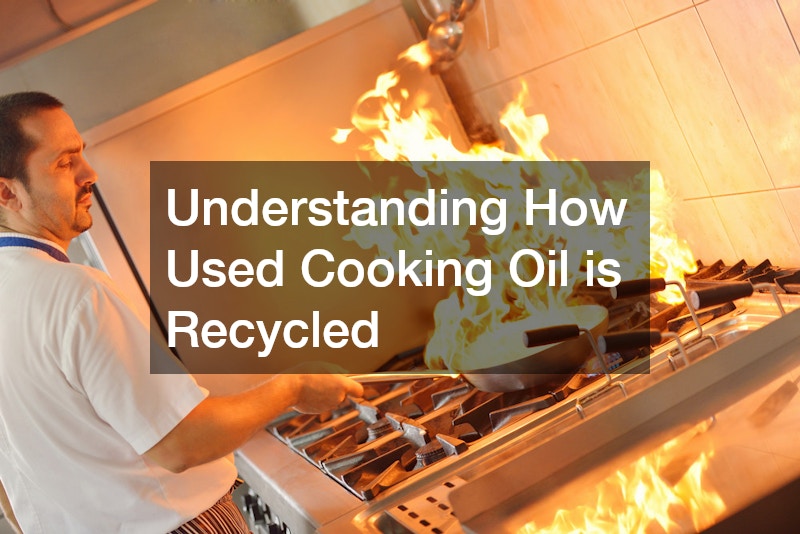
Recycling used oil is a crucial practice in both environmental conservation and resource management. A key component in this process is the waste cooking oil collection service, which plays an indispensable role in ensuring that used oils are properly collected and managed. Typically, this service involves gathering used cooking oil from a variety of sources, including restaurants, food processing facilities, and other commercial kitchens. Once collected, the oil is transported to specialized recycling centers where it undergoes rigorous treatment.
This treatment process involves filtering out food particles, water, and other impurities, which prepares the oil for repurposing. The purified oil can then be converted into biodiesel, an eco-friendly alternative to fossil fuels, or used in industrial applications such as lubricants. This not only helps in reducing waste but also contributes to sustainable energy solutions.
Understanding the importance of the waste cooking oil collection service further emphasizes its role in effective waste management. Without this service, used oils might be improperly disposed of, potentially causing significant environmental damage such as soil and water contamination. By facilitating proper recycling, the waste cooking oil collection service ensures that oils are handled in an environmentally responsible manner. This process reduces the reliance on new raw materials and minimizes the ecological footprint of oil consumption. Therefore, investing in and supporting efficient waste cooking oil collection services is essential for promoting a circular economy, where waste products are continuously transformed into valuable resources, thus fostering sustainability and reducing environmental impact.
.





